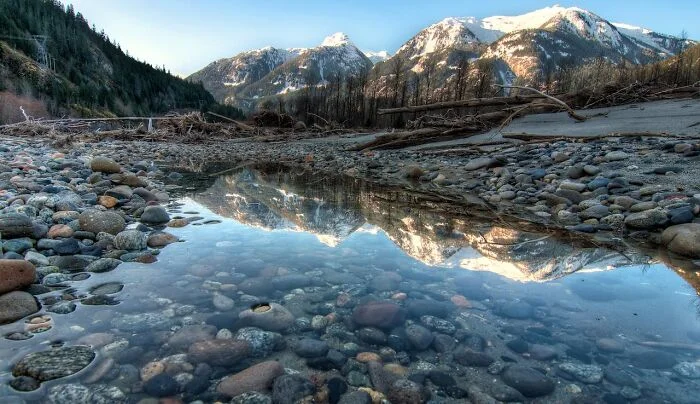One of the best skills you can learn in life is staying cool as a cucumber in emergency situations. While everyone else around is panicking, you’re collected and know exactly what to do. You take charge. You calm everyone down. You lead them out of the crisis.
Reddit user u/Accidentallyupvotes1 sparked an important discussion on the r/AskReddit forum. They invited everyone to share the facts that could end up potentially saving a person’s life. We’ve collected the most important ones. You might find some of these insights and suggestions new. Meanwhile, others are a good refresher for all of us.
Bored Panda reached out to the author of the viral thread, u/Accidentallyupvotes1, and they were happy to answer our questions and share their thoughts. You’ll find their insights as you scroll down.

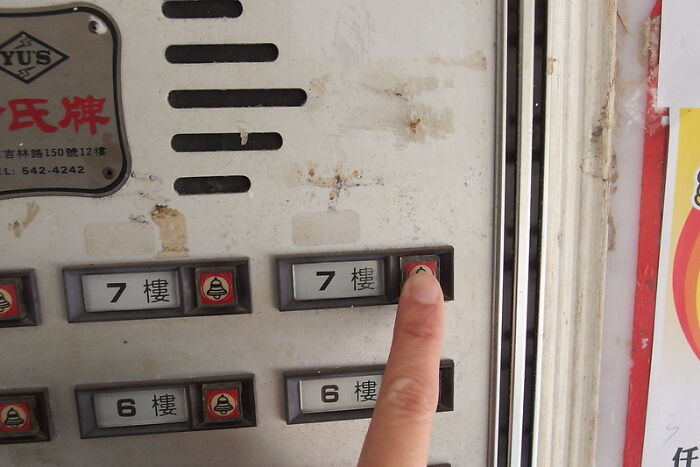
Just because someone rings your doorbell, doesn’t mean you have an obligation to answer.

If you fall through the ice… the dark spot is the way out. The sun reflects off the ice surface. The spot you entered has no ice or reflection, so will be dark … opposite what we would naturally think
Staying calm under stress has a lot of different factors associated with it. But broadly speaking, there are a few main aspects. The first one is your ability to be aware of and regulate your emotions when things get tough. Secondly, you have to know what to do in these emergency situations—it’s a question of information. And third of all, you have to have at least some sort of practical experience dealing with the situations in question.
If you only have a theoretical knowledge of what to do when there’s an emergency, you might be too shocked to put any of those ideas into practice. Similarly, even if you’re decent at not giving in to stress, you might still feel lost because you don’t know what to do in that particular situation.
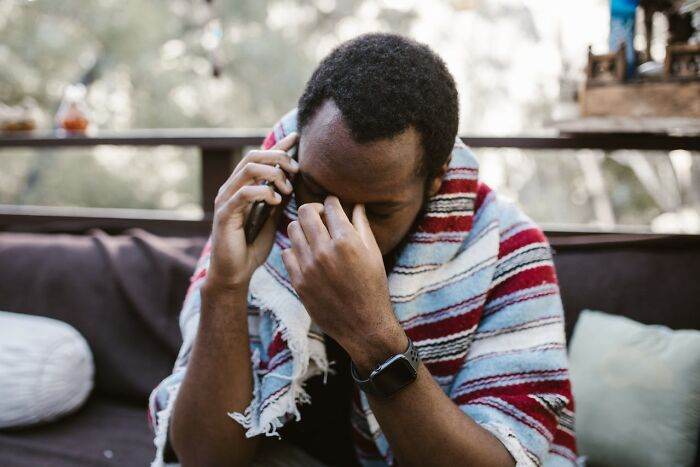
You should still attempt to dial 911 in an emergency even if you have no bars of signal. There are protocols that allow your phone to bounce signals off any tower available, including military/first responder ones and towers not on your network in the event that you attempt to call 911.

if it feels wrong, it probably is. trust that gut feeling, it’s there for a reason.
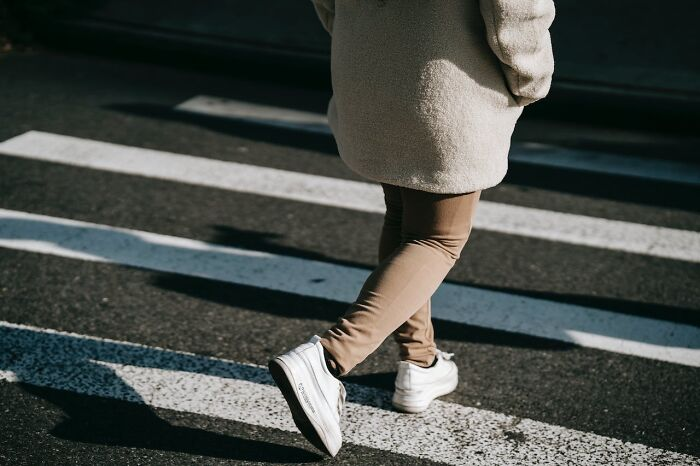
Teach your kids that if they’re ever separated from you to find any closest adult (in emergencies). The likelihood of THE next person you would walk up to being a [predator] are slim to none. But the odds increase dramatically waiting for the first person to approach a child alone.
It’s probably a good idea that you and your loved ones know what to do in case of more common emergencies. For example, if there’s a fire at home. Running through some roleplaying exercises can cement this in everyone’s minds.
It’s why you have fire drills at schools and some companies. You’re putting all of that knowledge into practice so that if things do go wrong, you don’t panic. You stay calm. You don’t stick around for your valuables. You head out the door after making sure that your loved ones are with you.

Driving is not a race or “game” that you have to win. There are no prizes.
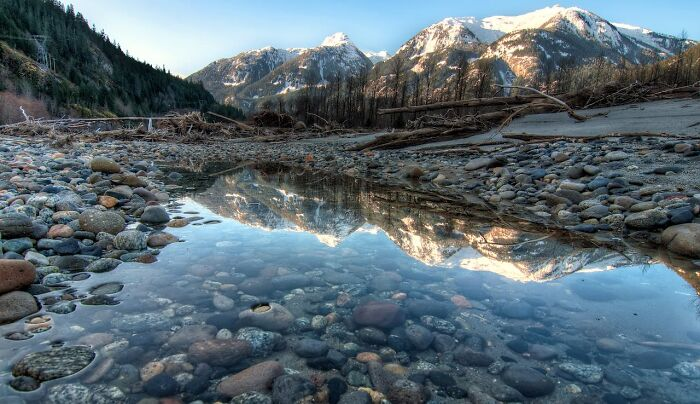
The rocks from a river absorb water. When rapidly heated it causes the absorbed water to boil much quicker than steam can escape the rock. This buildup of steam causes the rock to explode, sending hot rock fragments everywhere.
So don’t use rocks from a river to make a fire pit.

Wool is warmer than anything that feels warm, even when wet.
Meanwhile, if you live in a part of the world where hurricanes, earthquakes, or other natural disasters are commonplace, it only makes sense that you have an emergency plan… as well as a backup plan if the first one fails. The more you practice something, the more confident you become. The more confident you are, the less you’ll panic when you have to put your theoretical knowledge into action. You’re simply running through what the same process you’ve done time and again.
The fact of the matter is that we physically cannot be prepared for every possible eventuality. No matter how capable we are, we’ll still be surprised by what life throws at us. But we cannot chronically worry about that, being scared to even step outside our own homes.

My mom always taught me to count rows between your seat and the emergency exit. So if you can’t see where you are going you can feel where you are going. I’ll never forget that.
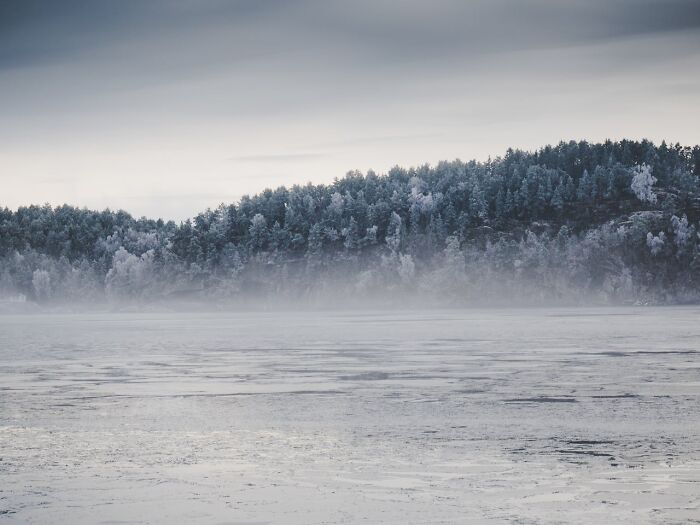
I live in Canada, this only applies to cold climates. They are not dead until they are warm and dead. There are many cases where somebody got stuck outside and froze then doctor revived them.

Getting a second or even third opinion. You know yourself better than they do. If you don’t get answers please keep looking. Please don’t settle.
We learn what we can. We practice what we can. And then, we focus on the other things in our lives that we can control. Like taking good care of our physical and mental health so that we’re fit and focused and better at surviving. Not to mention strengthening our relationships with people so that if things do turn out bad, we have a strong social network to lean on.
The discussion that redditor u/Accidentallyupvotes1 started is a vital one. Not only does it remind people that they should probably brush up on their emergency-handling knowledge, but it also works as a starting point for folks who have never considered the possibility of being in these situations before.
We were curious about what had inspired the OP to create the r/AskReddit thread in the first place. According to them, it was as much about curiosity as calming down their sense of worry about the world. “I have a minor case of anxiety,” they opened up to us, adding that they “just wanted to learn some facts.” As it turns out, they have a lot in common with other redditors.

you’re at the beach and the water recedes suddenly, run and get to the highest ground you can find. A Tsunami is on the way

Choking is silent. If they’re coughing, they’re not actually choking. If someone goes silent and starts pointing to their neck, start the Heimlich maneuver.
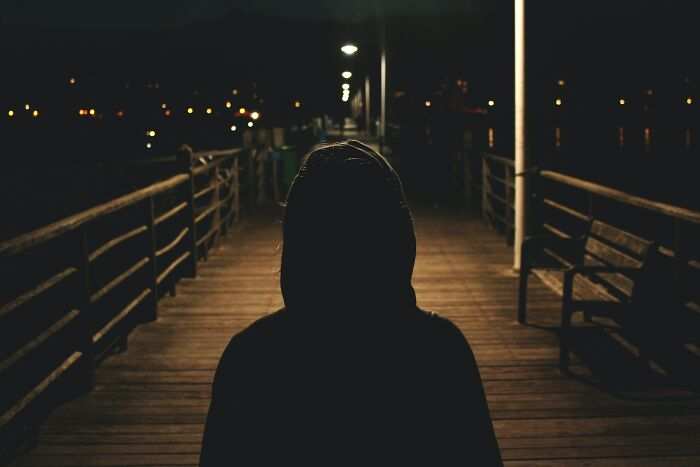
If someone comes at you with a weapon and tells you to go with them, DO NOT. Never go to the second location.
Learning to stay calm in emergency situations really is easier said than done. We were curious to get the thread author’s take on this. They shared their perspective on how anyone can handle these sorts of unexpected situations better.
In u/Accidentallyupvotes1’s opinion, the key is learning to control your breathing. They suggested that people slow down their breathing and focus on taking deeper breaths. This should help them calm down and stay in control when things get stressful.
The OP urged everyone to take a “deep breath” and then strongly exhale, as though they were trying to “blow out a candle.” Repeat this as necessary.

If your kid gets kidnapped, don’t teach them to say “help”. Teach them to say something like “who the f**k are you, you’re not my f*****g dad, f**k you.” That’s gonna turn a lot more heads and get you actual help a lot quicker.
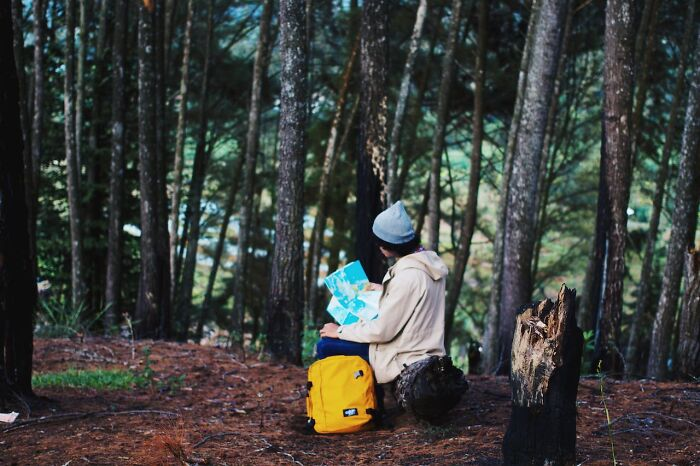
If you get lost in the wilderness the best thing to do is to stay calm and stay put. Unless there is an immediate threat to your safety in the area, just sit down and wait for someone to come find you.
Many people die or get seriously injured because they keep moving and Search & Rescue can’t catch up to them.

If you get bit by a wild animal, get yourself to a hospital ASAP and tell them that. You don’t want rabies to set in.
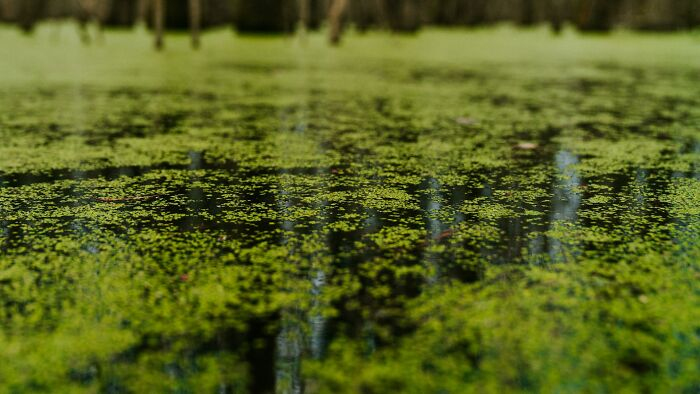
If you’ve gone two and a half or more days without water, and you have to choose between drinking water without any way to sanitize it or not drinking water, drink the water. If you don’t, you’ll definitely die soon. Most of the diseases you can get from bad water take a couple days to set in, which gives you more time to find help.

don’t mix bleach with anything but water

If you get caught in a rip current, don’t fight it. It won’t pull you under. People die because they panic, fight it, and get tired and then drown.
When you can, swim parallel to the shore out of the rip and then diagonally back to shore.
EDIT: I’m taking out the part about “let it take you out” because people bring up a point below that you should start swimming parallel immediately. I just meant you shouldn’t fight it and swim against straight back to shore. That’s not going to end well. Stay safe out there everyone!

Don’t pull a knife or anything else out of a puncture wound. The object may very well be keeping you from bleeding out, only a medical professional should remove something stuck in you.
